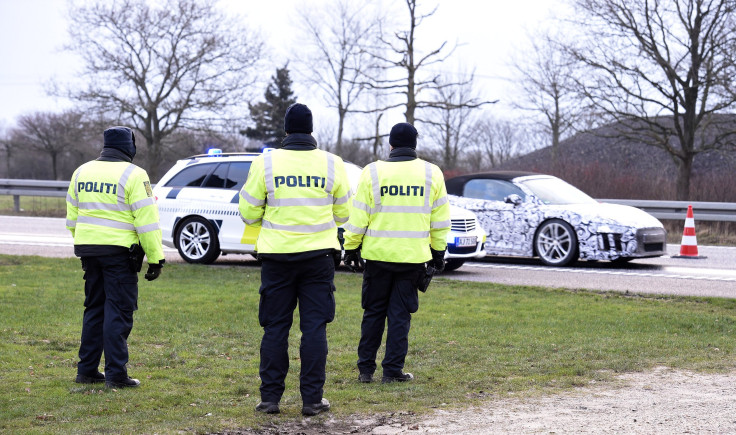Hundreds Of Denmark Rape Police Reports Missing From Annual Statistics For Years: Report

About 395 rape cases were recorded by Danish police each year up to 2014, but a recent investigation by the Ministry of Justice of Denmark said that police could have hidden about 700 reports of rape per year, the Local reported Thursday. About 700 were missing because the incidents were not classified as rape, a standard practice when police doubted that a rape had actually taken place, but which was discontinued in 2015.
“It is a huge number, but it doesn’t surprise me that that the actual number is higher than the official one,” Hanne Baden Nielsen, director of the Center for Sexual Assault in Denmark said, according to the Local.
To improve the accuracy of rape statistics in Denmark, a new practice is expected to be implemented requiring a reason to be given if a case is suspended, Danish Minister of Justice Søren Pind said. He said he did not think any agencies were trying to hide rape cases intentionally, however.
The Local's story was based on a Thursday report by the Danish Metroxpress. Pind has said he wants to increase the penalties for rape as well as violent crimes in Denmark, saying in August it was rare for someone to get more than a two-year prison sentence for rape. He proposed in October to tack on an additional year of prison for those convicted of rape, the Local reported.
In the final quarter of 2015, reports of women being raped in Copenhagen doubled the normal amount from about 25-30 to 53, the Copenhagen Post reported. Experts said this increase doesn’t necessarily mean there were more rapes committed, but could instead mean more victims feel more comfortable coming forward to report them.
“We are focusing on rape reports and have told investigators to take them very seriously,” Jens Møller of Copenhagen Police told the Copenhagen Post.
Denmark to prosecute (the victim) after teenager defends herself against rape near asylum centre https://t.co/K3d9cztywt
— Western Defence (@westerndefence) January 27, 2016In the European Union, Denmark and Sweden have the most reports of sexual assaults, the Independent reported. According to data from 2012, between 80 and 100 percent of people in the countries said as adults they were sexually assaulted.
© Copyright IBTimes 2024. All rights reserved.





















